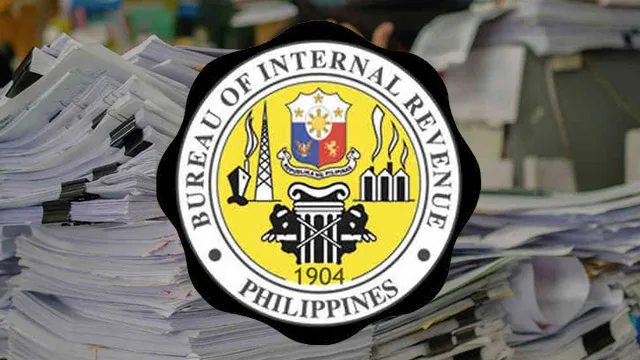THE Department of Labor and Employment (DoLE) has issued the implementing rules and regulations (IRR) of Republic Act (RA) 11360, or the “Service Charge Law,” that provides for the full and equal distribution of service charges among workers of hotels, restaurants and other establishments.
RA 11360’s revised IRR was contained in Department Order (DO) 242, series of 2024, issued on Feb. 1, 2024.
The DoLE said the new IRR, which supersedes DO 206, series of 2019, was coherent with the legislative intent of full and equal payment of service charges to all covered employees of service charge-collecting establishments.
The new guidelines deleted the phrase “under the direct employ of covered establishments” in Section 2 (a) of the old rules.
The amendment aims to improve the distribution of service charges to cover all employees, including those not directly hired by the principal employers, such as “contractual, non-regular or agency workers” serving the covered establishments.
“Covered employees refer to all employees, except managerial employees as defined herein, regardless of their position, designation, or employment status, and irrespective of the method by which their wages are paid,” read the new IRR.
Under the Service Charge Distribution rules, managerial employees are not covered to partake in the distribution of service charges, directing more financial benefits to rank-and-file and supervisory level employees, or those “regardless of their position, designations, or employment status, and irrespective of the method by which their wages are paid.”
All collected service charges will be evenly distributed among employees on a bimonthly basis. The distribution will be proportional to the hours or days of work or service rendered, ensuring fairness and transparency in the allocation of these funds.
Employees or their unions also have the right to file grievances. Workers without a union may seek assistance from the DoLE should there be concerns or disputes regarding the distribution of service charges.
The new rules also specify the non-diminution of benefits, which means the new rules on service charge distribution shall not diminish the existing benefits of the covered employees.
A provision on dispute resolution concerning service charge distribution among covered employees was also updated by expanding the dispute referral system to the regional, provincial, field or satellite office level, which has jurisdiction over the workplace.
The monitoring of compliance was also added under Section 8, which orders DoLE regional, provincial, field, and satellite offices to monitor private establishments’ compliance with DO 239, series of 2023, or the “Rules of Administration and Enforcement of Labor Standards Pursuant to Article 128 of the Labor Code.”
At the same time, it retained the provisions on covered establishments that include those that collect service charges for work or services; the frequency of distribution, which is twice a month with no less than 16 days of interval; and the non-determination of service charge payment in the establishments’ compliance with the payment of minimum wages.
The new rules take effect 15 days after publication in at least two newspapers of general circulation.
Meanwhile, a labor group welcomed the approval of the DoLE order that now includes non-regular workers in the distribution of service charges billed by establishments.
The issuance was endorsed through a resolution by the National Anti-Poverty Commission (NAPC) — Formal Labor and Migrant Workers Sectoral Council and recommended by the National Tripartite Industrial Peace Council for the approval of Labor Secretary Bienvenido Leguesma last week.
“Ang intensyon ng bagong DO ay ma-cover ang non-regulars at agency workers. ‘Yun ang purpose ng resolution na isinubmit ng NAPC kay Secretary Laguesma kaya binigyan ng due course (The new DO intends to cover non-regular and agency workers. That was the purpose of the resolution that the NAPC submitted to Secretary Laguesma and was given due course),” said Federation of Free Workers (FFW) Vice President Danilo Laserna, who is also a worker’s representative to the NAPC.
Laserna said the FFW is urging employers to work collaboratively with the unions and their employees to ensure a smooth transition to this more equitable system.
“We urge all service sector employers — like those in hotels, restaurants, lodging houses, nightclubs, cocktail lounges, massage clinics, bars, casinos and gambling clubs, golf and sports clubs, among others — to comply with these new regulations promptly,” the labor group said in a statement.


